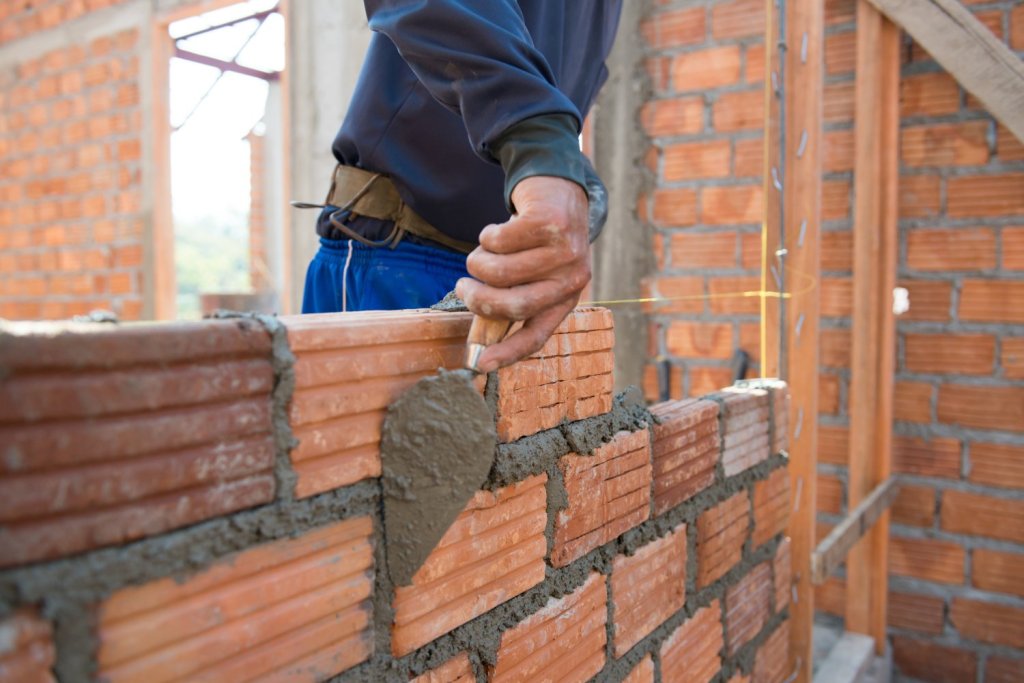Homeowners have lost £14.3 billion in the last five years due to unreliable or unqualified builders, according to new research from a leading construction industry body. This has prompted calls for mandatory licensing for builders and more regulation in the industry.
The Federation of Master Builders (FMB) and HomeOwners Alliance has revealed the impact unlicensed, rogue builders are having on the industry. It’s hoped introducing regulatory measures will help build trust in the service offered by professional builders.
Trade body calls for mandatory licensing for builders
A recent report by the FMB explores how introducing mandatory licensing for builders could solve key challenges in construction.
It focuses on raising building standards, rebuilding trust with the public, and reducing the number of rogue builders in the industry.
Unlike electricians and gas engineers, there’s no mandatory licensing requirement for builders in the UK. Despite this, 50 per cent of homeowners wrongly believe you need a license to work as a builder.
With 86 per cent of the FMB membership and 81 per cent of the public supporting mandatory licensing, it could be a crucial step in transforming the industry.
Major reform needed to rebuild trust
The building industry is facing two problems: the rising cost of services combined with reduced consumer spending, and a minority of rogue builders overcharging for poor work.
The data from the FMB illustrates how these two issues interact, with many homeowners opting for other solutions to avoid being ripped off by a rogue builder:
- 37 per cent delayed planned renovations due to builder costs or lack of availability
- 34 per cent did the work themselves
- 16 per cent gave up on their projects entirely
There’s a worrying trend that homeowners are turning to DIY to save money on building costs – with 85 per cent highlighting the increased cost of hiring a builder. In a climate where finding new contracts is challenging, this attitude could mean work dries up for builders.
Homeowners were asked about their recent bad experiences with builders:
- 35 per cent encountered unexpected extra costs
- 22 per cent saw jobs unfinished
- 33 per cent experienced poor workmanship
And concerningly, 15 per cent of respondents said they’d lost money in the past five years during building work, with an average of £1,759 a person.
Why is mandatory licensing important?
Mandatory licensing could be a key step in increasing standards and rebuilding trust in the industry. In the long-term, this could make a positive difference for the majority of reputable builders.
A common issue is that rogue builders offer unrealistic quotes, much lower than the value of the work, but then add extra costs throughout the job. This means reputable builders who give fair prices up front are missing out on work as they don’t seem competitively priced.
Mandatory licensing would level the playing field so rogue builders can’t undercut reputable ones on price. Because every builder would need a license, homeowners would be able to choose someone based on their standard of work and reputation.
There’s also the argument that licensing would make the workplace safer. According to research from the Health and Safety Executive, fatal injuries in construction have increased by 70 per cent in the last five years.
Making licenses a legal requirement could support better safety regulation in the industry.
What about the Construction Industry Scheme?
The Construction Industry Scheme (CIS) is the closest thing to mandatory licensing for builders but it’s not a legal requirement. Some contracts may require a CIS card to do the work, but this is typically only for commercial jobs.
Mandatory licensing would apply to all building work, but with a focus on domestic construction like housebuilding.
Lots of schemes exist to try to validate a tradesperson’s reputation, like Checkatrade or Trust A Trader – but the FMB believes they aren’t regulated strictly enough. But they do show there’s an interest from both tradespeople and consumers that the industry is well regulated.
Will the proposals become law?
It’s not clear whether the government will listen to the calls from the FMB to introduce mandatory licensing for builders and change the law. But the FMB recently spoke to MPs in the House of Lords explaining the opportunity of regulation to tackle tax evasion.
The Hidden Economy Report from HMRC identified that construction makes up 17 per cent of unclaimed tax in the UK (around £41 billion). This cash-in-hand economy allows rogue traders to undercut competitors and deprives the government of billions in tax revenue.
If we do see mandatory licensing, the FMB suggests builders would need to follow tax regulations in order to keep their licence.
This emphasises that mandatory licensing would be mutually beneficial for the industry and government.
- Which trades earn the most – and where?
- How to price a job as a contractor
- What is a CSCS card?
- Understanding COSHH regulations
Ready to set up your cover?
As one of the UK’s biggest business insurance providers, we specialise in public liability insurance and protect more trades than anybody else. Why not take a look now and build a quick, tailored quote?
